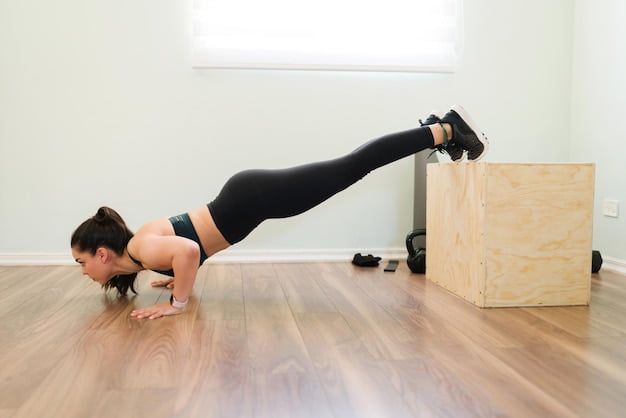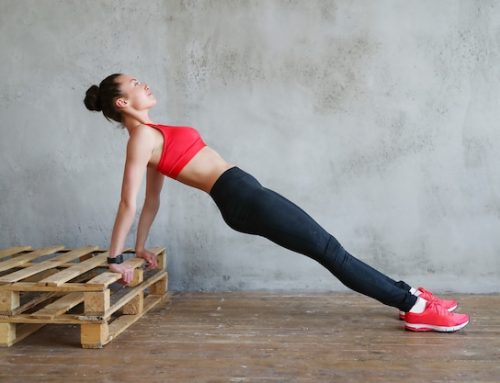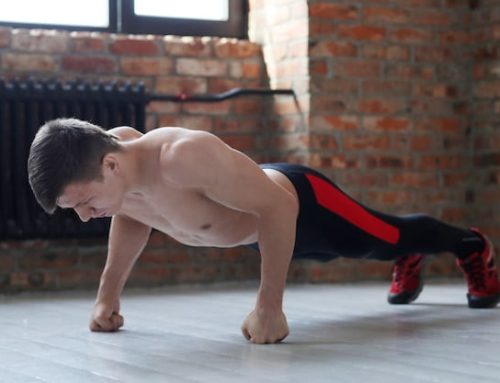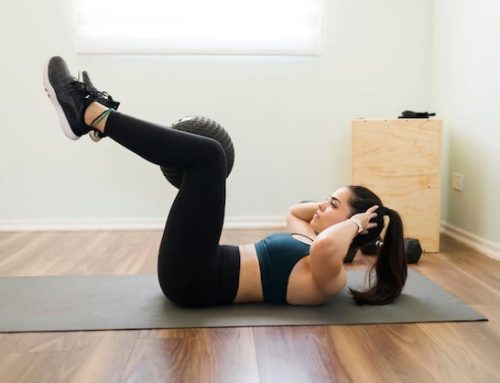The importance of bodyweight exercises
Bodyweight exercises have gained popularity in recent years and for good reason. They provide a great workout without the need for any equipment, making them ideal for anyone looking to improve their fitness level, regardless of where they are. You can do bodyweight exercises anywhere, from your living room to the park or even on vacation. They can help build strength and endurance, and even promote weight loss.
What muscles are worked during bodyweight exercises?
Bodyweight exercises can target a variety of muscle groups depending on the specific exercise. Squats, for example, work the quadriceps, hamstrings, and glutes, while push-ups target the chest, triceps, and shoulders. Planks work the abs, obliques, and lower back. By incorporating multiple exercises into a workout, you can target several different muscle groups at once.
How often should you do bodyweight exercises?
The frequency of bodyweight workouts depends on your fitness goals and experience. Beginners should aim for two to three times per week, while more experienced individuals can increase this to four to six times per week. It’s important to listen to your body and take rest days as needed to prevent injury and allow for muscle recovery.
The importance of muscle recovery
Muscle recovery is essential to allow the body to repair and rebuild muscle tissue. When you work out, you create tiny tears in your muscles. It’s during the recovery process that these tears heal and the muscle fibers become stronger. Without proper recovery, you risk injury and may not make progress towards your fitness goals.
What muscle takes the longest to recover?
Some muscles take longer to recover than others. The muscles with the longest recovery time are typically the larger muscles, such as the legs and back. These muscles require more energy and effort to work than smaller muscles, so they need more time to recover. Research suggests that it can take up to 48 hours for these muscles to fully recover after a workout.
How to help muscle recovery
There are several things you can do to aid in muscle recovery. One is to make sure you’re getting enough rest each night. Sleep is when the majority of muscle recovery occurs. Proper nutrition is also essential for muscle recovery. Be sure to eat a balanced diet high in protein to give your muscles the nutrients they need. Additionally, stretching and foam rolling can help increase blood flow to the muscles and speed up the recovery process.
The bottom line
Bodyweight exercises are a great way to improve your overall fitness level without the need for equipment. They target a variety of muscle groups and can even promote weight loss. It’s important to listen to your body and take rest days as needed to prevent injury and allow for muscle recovery. Be patient and consistent in your workouts, and you’ll see progress towards your fitness goals over time.






